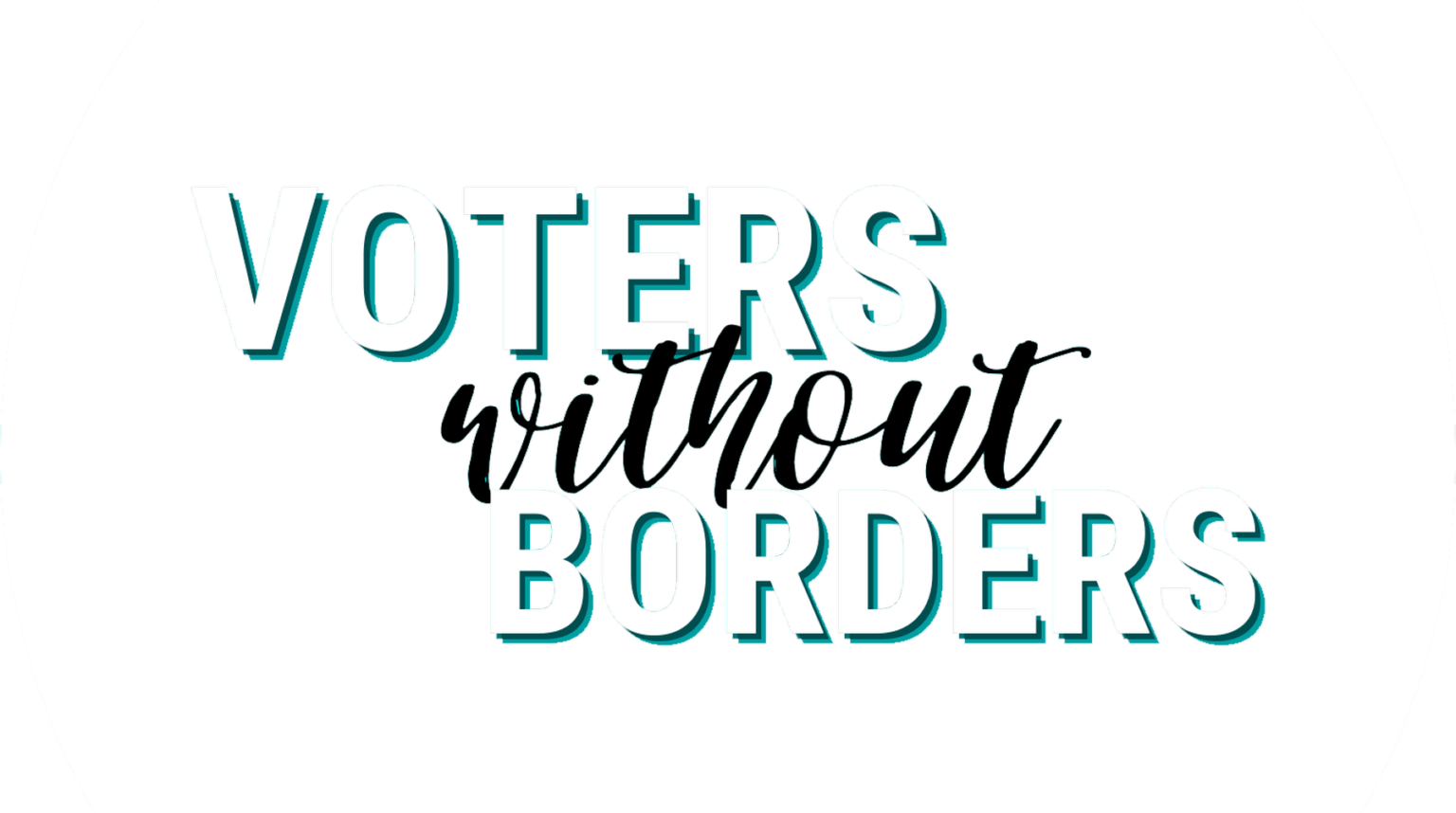Our Proposal
MAKE EUROPEAN CITIZENSHIP A REAL CITIZENSHIP
Political rights are the defining feature of any citizenship and the means by which other rights can be represented and extended. Leaving an increasing number of people with only partial political rights is inconsistent not only with the popularity of this transnational citizenship, but also with the substance it has developed as a result of the case-law of the Court of Justice of the EU, and the fact European Citizenship is being strengthened by the recognition of professional qualifications and access to social security entitlements in one’s country of residence.
EU Citizenship has developed beyond its economic origins and free movement of labour to cover all categories of the population so that EU citizens should no longer be considered just as guest workers but as full and equal members of society.
EU citizens, like other migrants, are for the most part in work contributing with their taxes, sending their children to the same schools and using the same services, as their national neighbours. Giving them full political rights would be consistent with the ban under EU Law of any discrimination on the grounds of nationality and the principles of “No Taxation Without Representation”, and “One Person, One Vote”. It is illogical that European citizens can vote and stand in local elections but not in the regional ones which concern many of the same public services which impact on everyday life.
They can elect members of the European Parliament from the city where they live but not the government that participates in the Council of Ministers, where many would argue the real power lies.
TAKE A STEP TOWARDS UNIVERSAL SUFFRAGE
ENCOURAGE BETTER INTEGRATION
Granting people full political rights where they live can help favour their integration in society. The political differentiation between EU and national citizens gives the wrong signal to policies of integration and does nothing either to help tackle the integration of migrants and refugees from outside the EU in European society.
The wider aim of scaling up and equalising political rights for all legally resident migrant communities goes beyond what is legally possible for this initiative. This ECI should nevertheless be seen as a step towards that aim, in order to avoid discrimination between EU citizens and third-country nationals.
Our proposal addresses the fundamental issue of how to ensure that effective electoral rights are made compatible with freedom of movement. Building on the record turnout in the 2019 European elections, the Commission does recognise the need to give European citizens a stronger role in decision-making and is asking them to take on a role as a third party alongside civil society and the EU Institutions in the Conference on the Future of Europe. The Conference will consider the system of lead candidates and how to introduce transnational lists for elections to the European Parliament is recognised. Such reforms should go hand in hand with concerns that everyone always has the chance to vote in the first place.
To sum up: our proposal demands that the Commission should reform legislation on existing rights, extend them to regional, national elections and referenda, whilst researching the wider impact of full political rights for EU citizens without creating discrimination against third-country nationals.
HELP BUILD A TRANSNATIONAL EUROPEAN DEMOCRACY
Our vision is to improve European democracy and create a space for transnational politics
To find out more about our proposal
The right to vote should not be tied to national citizenship!
We are often confronted with this argument: “If foreigners want to vote here, they should become citizens”. That gaining the right to vote in Europe today can only be carried out in conjunction with gaining citizenship is backward, because it is not about nationality or loyalty, but simply about the democratic principles of “one person, one vote” and “no taxation without representation”.
Especially in the European Union, in which people benefit from European Citizenship and in which they can move freely and choose their place of residence, making the right to vote dependent on national citizenship is senseless and reduces free movement to a right of consumption and production.

A positive "go ahead" message from the European Commission about our proposal
In short, “none of the parts of the proposed initiative manifestly falls outside the framework of the Commission’s powers”.
